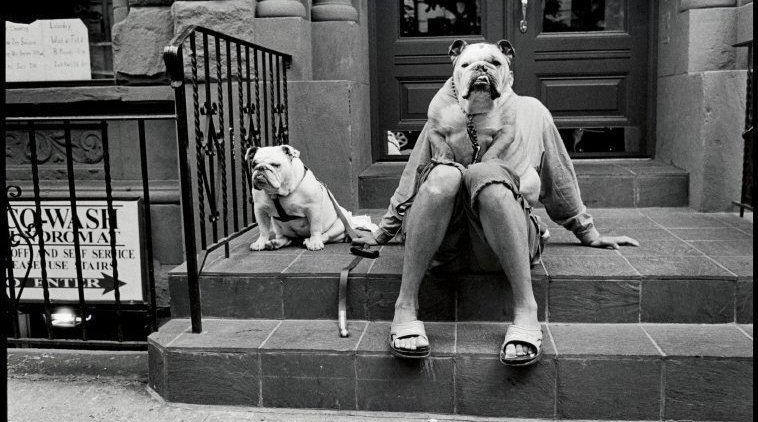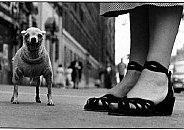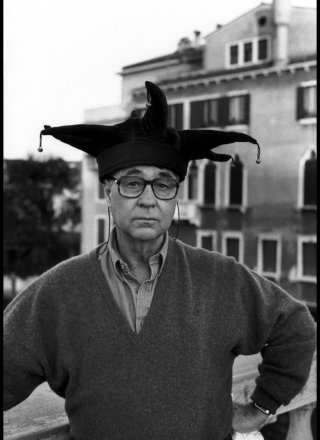
Personal Best
Elliott Erwitt
Magnum Photos
I am Elliott Erwitt and I’ve been that for a number of years. When I get up in the morning I brush my teeth and go about my business, and if I am going anywhere interesting I take my camera along. Making people laugh is one of the highest achievements you can have. And when you can make someone laugh or cry, alternately, as Chaplin does, now that’s the highest of all possible achievements; I don’t know that I aim for it, but I recognize it as the supreme goal. When photography is good, it’s pretty interesting, and when it is very good, it is irrational and even magical… nothing to do with the photographer’s conscious will or desire. When the photograph happens, it comes easily, as a gift that should not be questioned or analysed.
Preview




Some people say my pictures are sad, some think they’re funny. Funny and sad, aren’t they really the same thing? They add up to normality. In general I don’t think too much. When I talk about my pictures I have to think a little bit, and I’m honest but I don’t know what’s really from me or what I have heard from someone else or just where the words are coming from. I certainly don’t use those funny words museum people and art critics like. Things should be left open to interpretation. If you can’t take it apart, maybe it doesn’t mean anything. For forty years, I have been taking my personal “snaps” because I like to. Maybe this should be a secret: photography is a lazy man’s profession. You don’t have to train, like a musician or a doctor or a ballet dancer. You only need the modest ability to achieve order and composition, or find the right balance of mood. And, occasionally, you may reveal a message in what you do. That is sufficient. Being in the right place at the right moment can also help. There are two compositions. There’s the composition framed by the viewfinder and there’s the composition in the picture, the dynamics of it. The second one can be there even if the first one is badly organized. So I’m not against cropping when it’s really necessary. Some people have a fetish about it, but it’s not immoral to crop. Of course it is better if you don’t have to, if you find the pictures dynamic composition and marry it to the composition in the viewfinder. I rarely stage pictures, I wait for them… let them take their own time. Sometimes, you think something’s going to happen, so you wait. It may pan out, it may not. That’s a wonderful thing about pictures – things can happen. It’s not that I’m against staging, or anything else, when you’re not cheating or working with false purposes. Even as you wait, you are, in a way, arranging and manipulating. You’re getting ready to frame the event, when it happens, the way you want it to be framed. Maybe I’m contradicting myself. Well, okay. I don’t know that I bring my camera to take pictures; I think it’s a sort of a security blanket. Carrying a security blanket when you’re a grown-up is not practical but a camera is small and you can carry it easily. The thing is that when you don’t carry a camera, that’s when you see pictures in particular. When you do carry it, if you do see one on the occasion that you do, you can take it. If my pictures help some people to see things in a certain way, it’s probably to look at serious things non-seriously. Everything’s serious. Everything’s not serious.
Exhibition presented with support from the French Ministry of Culture.




